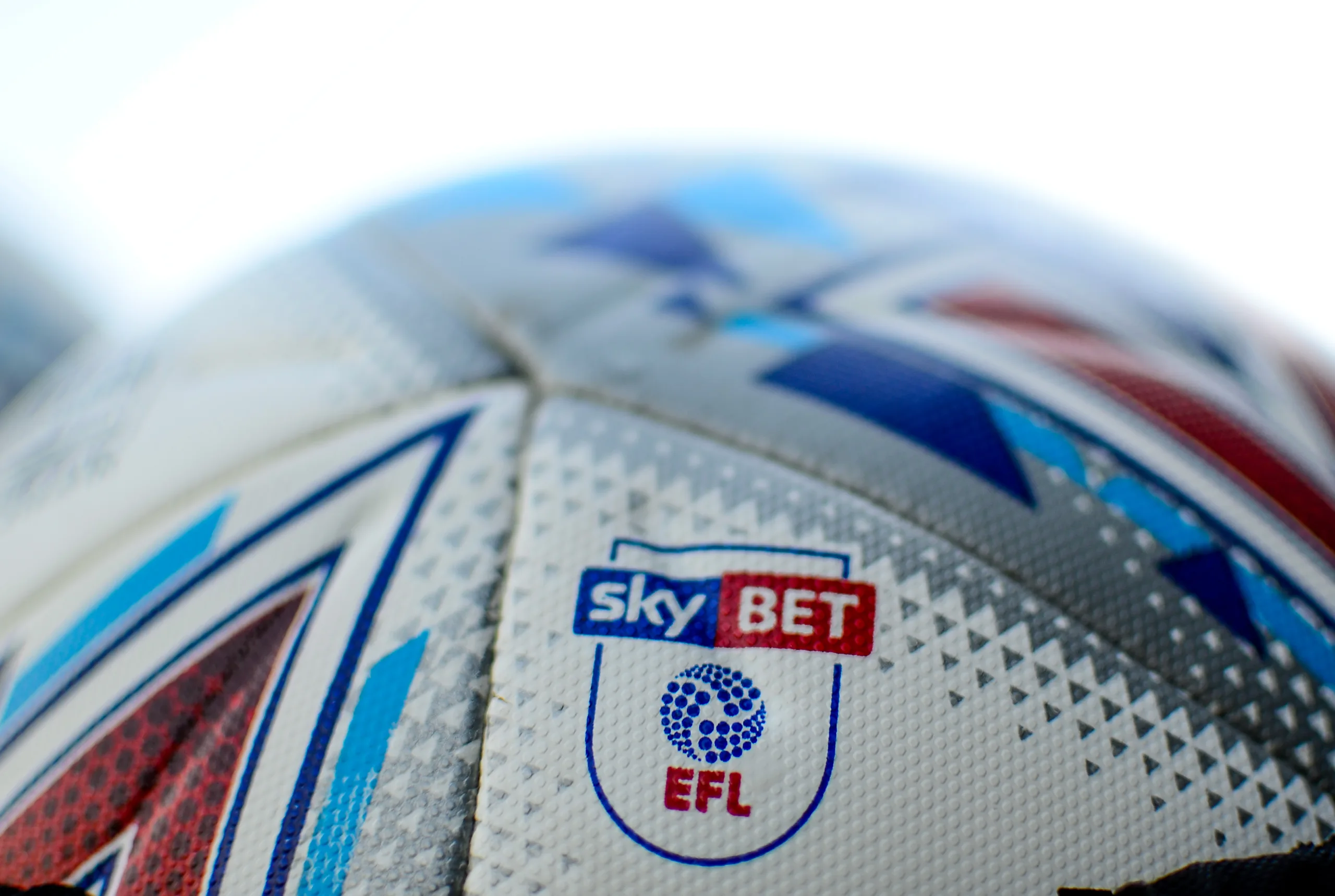If you follow football on a daily basis, you probably see the letters EFL frequently. Those who have watched the game for a long time will no doubt be aware of what the letters stand for. However, supporters who only keep up to date with the Premier League or divisions outside of England might not know what the term means.
EFL stands for English Football League. Below the Premier League, the EFL covers 72 clubs in England’s second, third and fourth tiers (24 clubs in the Championship, 24 clubs in League One and 24 clubs in League Two).
Formerly known as the Football League, the EFL underwent a rebranding in 2016. Shaun Harvey, the organisation’s chief executive at the time, said the new name gave the EFL a “modern identity” in an “increasingly challenging global sports market”.
How EFL promotion and relegation works
Three clubs leave the EFL to join the Premier League every season. The top two teams in the Championship automatically earn promotion to the top flight. The teams in third, fourth, fifth and sixth compete in the end-of-season Championship play-offs, with the winning team getting promoted. The bottom three teams in the Premier League are relegated to the Championship.
Much like the Championship, the top two teams in League One automatically earn promotion to the second tier. The third, fourth, fifth and sixth teams participate in the play-offs, with the winner also heading up to the Championship. The bottom four teams suffer relegation to League Two.
- Why Are Crewe Called Alexandra?
- Why Did Steve Bruce Never Play For England?
- Who Was The Last English Manager To Win The Premier League?
League Two has four promotion spots available. The top three teams move up to League One, while teams placed between fourth and seventh take part in the play-offs to determine the final promotion place. Only the bottom two teams are relegated from League Two, with the National League champions and play-off winners replacing them.
EFL v Premier League – a comparison
The majority of Premier League footballers possess far greater ability than those in the EFL, hence why they receive so much money to play at the top level. That being said, many fans think English football’s lower divisions are just as exciting as the Premier League.
The play-offs, for example, don’t exist in the Premier League, meaning lots of top-flight teams are stuck in mid-table mediocrity in the final few weeks of the season with hardly anything left to play for. That’s something that rarely happens in the EFL due to the unpredictability of the three divisions. A club can be in a play-off spot in January and end up in a relegation battle in May, and vice versa.
The EFL is also popular with fans due to its throwback appeal. Aside from recently relegated Premier League teams in the Championship, most EFL clubs work on a tight budget. Some supporters dislike the fact that huge amounts of money dictate the success of top Premier League clubs. In the EFL, on-pitch matters take priority over transfer rumours and behind-the-scenes finances.

